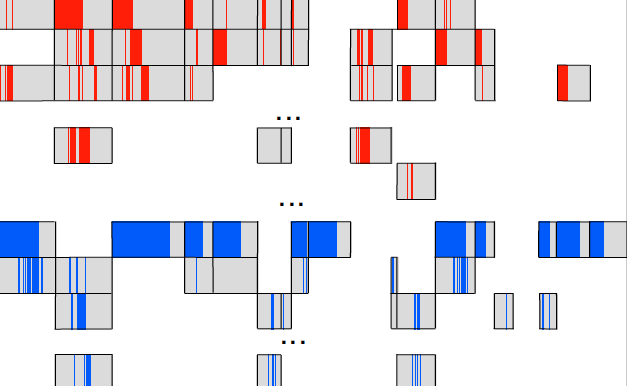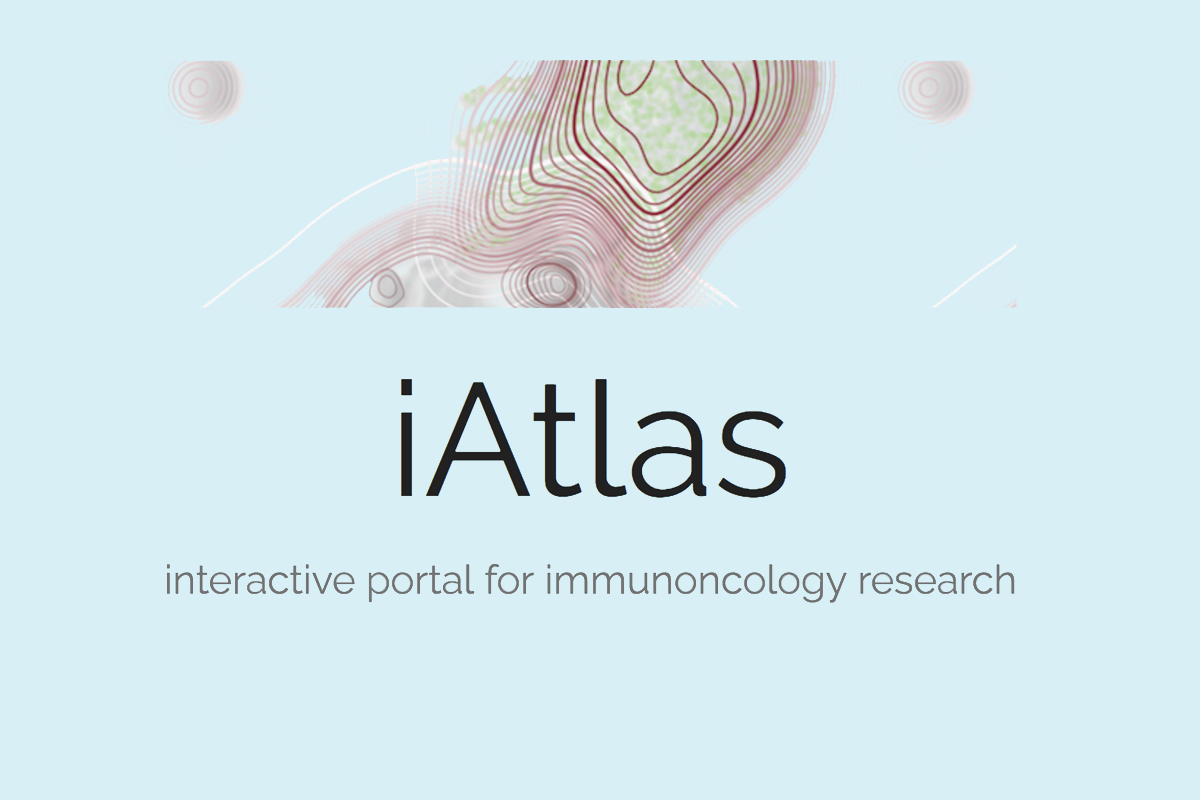A Landscape of Pharmacogenomic Interactions in Cancer
 shmulevich.isbscience.org/2016/07/07/57212/
shmulevich.isbscience.org/2016/07/07/57212/
The journal Cell published a study today (July 7) about the integrated analysis of drug response in 1,001 cancer cell lines. This study was undertaken by a large international group of researchers including ISB Senior Research Scientist Theo Knijnenburg. The researchers integrated heterogeneous molecular data of 11,215 tumors and 1,001 cell lines in order to study the drug response of these cell lines to 265 anti-cancer drugs. They uncovered numerous oncogenic aberrations that sensitize to an anti-cancer drug. This study is expected to form an important resource to identify therapeutic options for cancer sub-populations.
Read More






